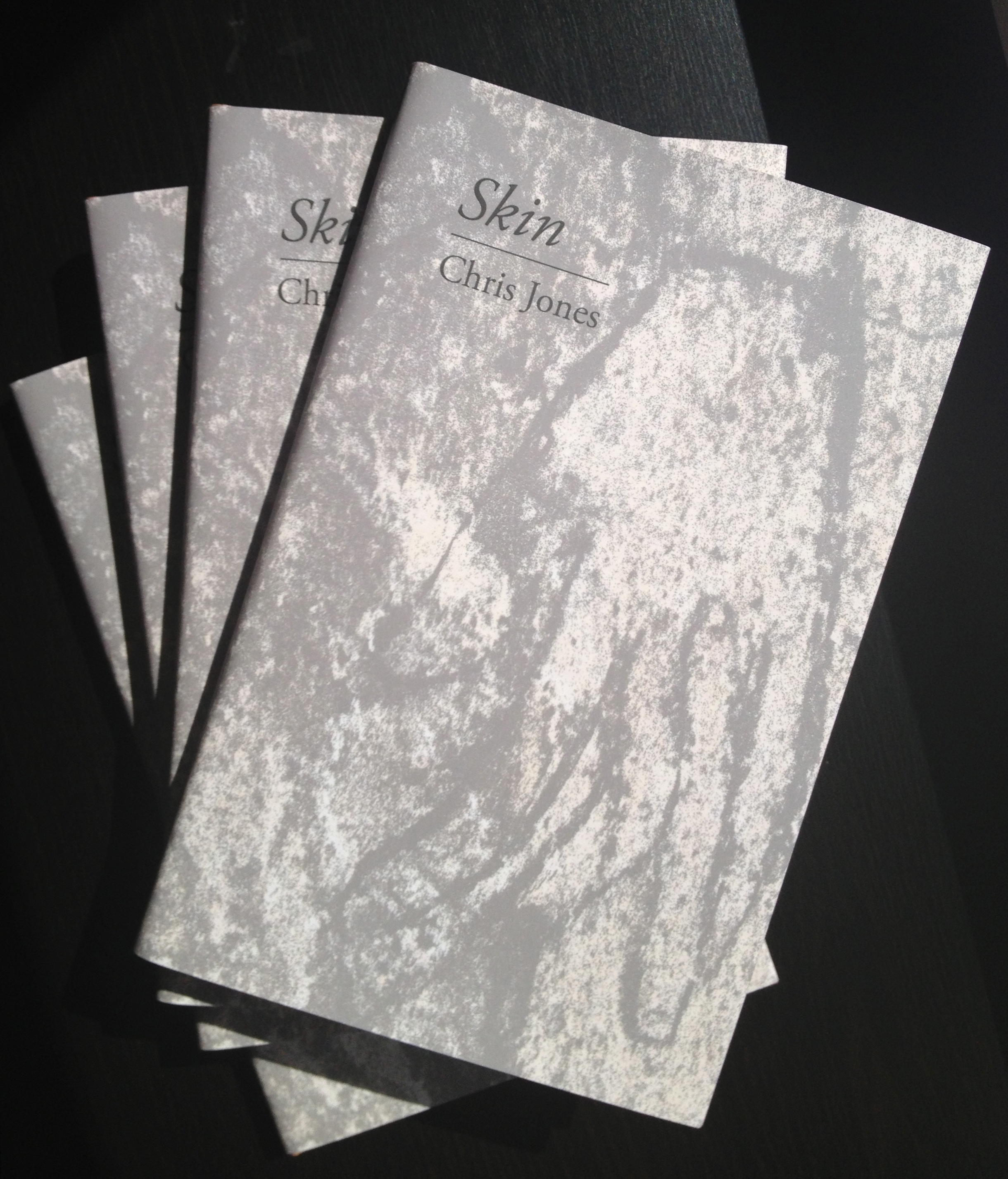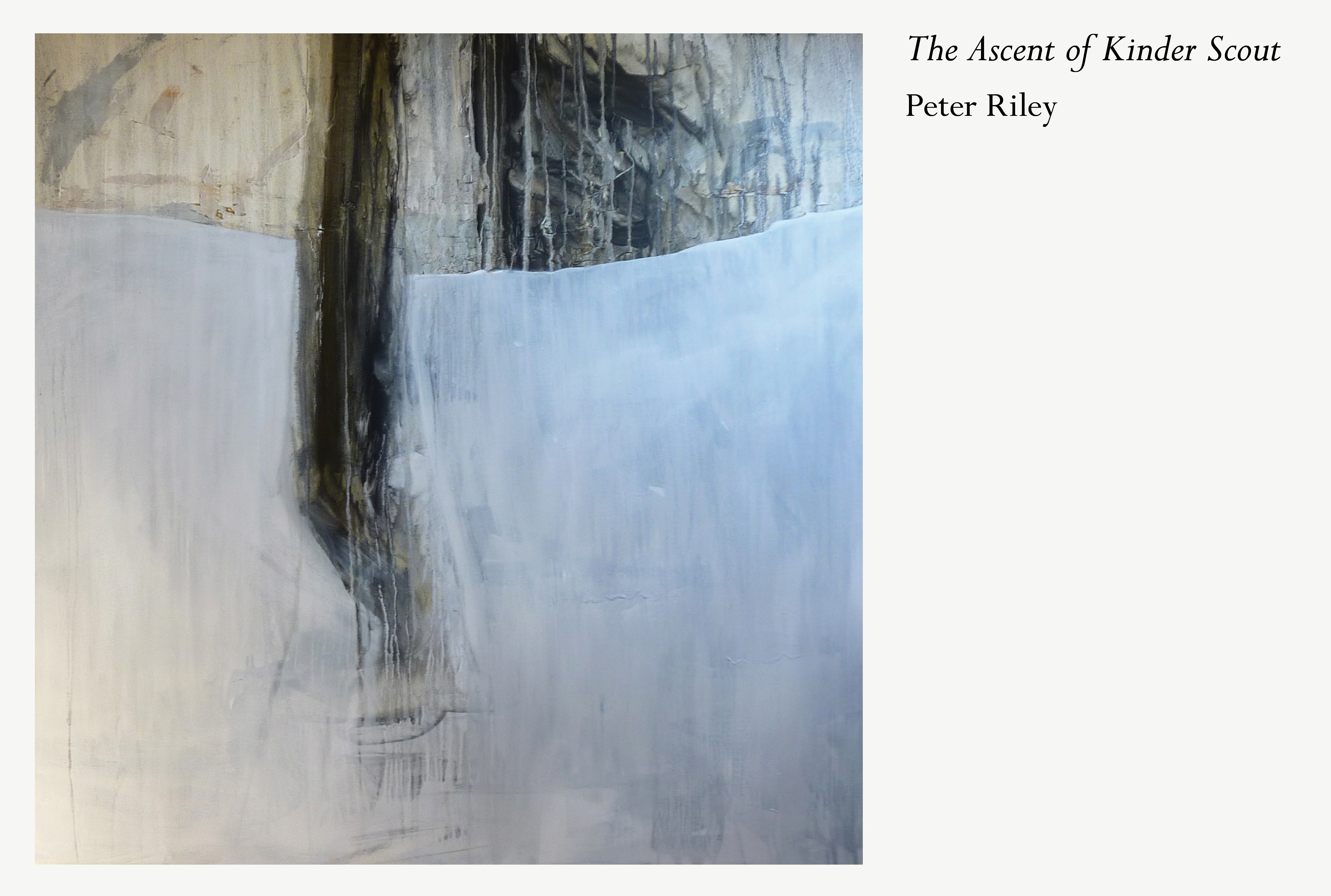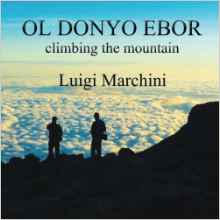The Navigators by Matthew Clegg
– Reviewed by JPL –
Read this for the music of words:
Chalk cliffs are wax-white and gull-white
sluiced and soiled with thickening mudslides
packed and shattering calcium strata
micro-strata within macro-strata
sunken alcoves and brittle balconies
rich in crevices mortared and pasted
chalk-bleached grasses stitching the crack-face.[ Chalk i ]
Ok, sometimes it’s a bit overdone, but isn’t it worth it to hear the invention such phonemes can create. Reading The Navigators, You swim in the essential tides of what poetry is and should be.
I scooped the stream
then offered you
that tonic
so you drank
savouring its tang.[The Tonic]
This poetry has, firstly, a sense of place, a magnetic north, which provides connections in and through time, the matter of being with others within the world. Secondly, a sense of form: structures from sonnet to free verse, tidal undulations that have a kind of phenomenological movement, the observations life affords us and our engagement with that life. Thirdly, a sense of evocation through the particular: in the aggregate of ‘minute particulars’, being may be seen as it truly is, stimulating deeper reflection.
I get so close
to thinking I’m locked
out of this life,
when openly
its glittering
off the sheen
of the highest
greenest leaves
and the miracle
is a lake, a sea,
lifted into the arms
of the trees
by a faith
that can only
take hold
in this light.[The Lake in the Trees]
Don’t blunt your beaks on concrete
A banquet on every street or square?[ Peisthetaerus to the Birds ]
The book is divided into three sections: Trig Points, The Navigators, Sea and Cave Time, and Sea Changes. Where does The Navigators lead us? To what ends? Perhaps to the last songs Orpheus sang, a lost paradigm, a lost sensibility? Matthew Clegg’s book points us towards a sense of wonder (birds, love, place) and the sensibility to drink this in. The celebration of being various and alive, of the resilience that place allows us. That flight of birds ‘woos us’ to hear the lost song, not just of remembrance, but of clear and astonishing presence, across time, in whatever tense that may be.
If there were stars
I can’t remember –
only that you sat
behind me, close,
your arms pillion
around my chest
as we rode
dark space
before us[Two Fugitives]
Homer is referenced in, essentially, an Odyssey that starts in Lakeland and ends towards Ravenscar. It’s structurally varied – the Trig Points sequence is a set of 27 haikus that Clegg describes as ‘triangulations’ – making connections to a loved one, a loved place and time. When successful, the deftness of phrasing, of rhythm in short-breath (sometimes single word) lines, create striking images. Much of Phineus is a case in point, section iii for example:
When a blind man panics
He can’t flail his arms.
He must haul his breath
From the well of his gut
Until the harpies in his ribs
Stop flapping and clawing
And his fingers unfurl
Spiders from his fists
The second section, ‘The Navigators’, has the accent of ordinary folk and memories of Clegg’s grandfather’s boat, ‘Jasmine’. The journey goes deeper, to a place that ‘Trig Points’ maps: ‘Jasmine’, the journeys in it, and the transformative, mixed emotions and mortal growth when it had to be sold.
Clock-tick, birdsong, cars.
my palate wakes from last night:
whisky, wood, smoke, stars…..A leaf turns over
its green days on the stem, leaps –
pioneers the air…Where mud is deepest
the traces of man and beast
are one and the same
Matthew Clegg writes that he is “interested in the drama of the human heart in time”. We need to forage the path beset by debris that this entails. The laws of change and mutability, the realisation of what different phases of life require of us, infuse these poems: there are times when we must each dwell on such things.
You may think of your life
poised at the steer of a barge
where canal steps down to the Don
and lock gates unlatch and infold.
Imagine the trip in your blood:
As you gaze at river ahead[When They Next Make You Redundant]
There is much more that can be said, especially as we enter the final section, which takes us beyond the Whalebone’ (of Whitby), past Staithes to this rich edgeland of life well-lived and under threat. We finally end in a sequence bringing together different temporalities of lives and myths, a final growing up, standing at once quite alone and ending too in the water, with the excellent sequence Cave Time and Sea Changes.
The compass points and prompts reflection, associating growth and maturity and time passing oh so swiftly. Matthew Clegg has not held back as a poet, nor should the reader in addressing and engaging with The Navigators. He merits congratulations and appreciation, as I hope he will exact when YOU buy and read this, as I hope you shall.





